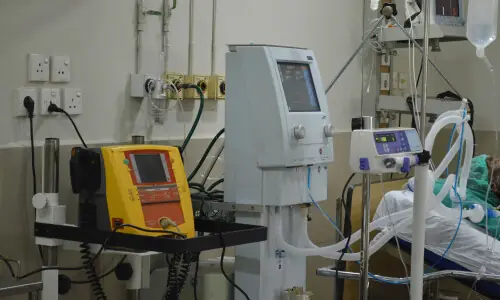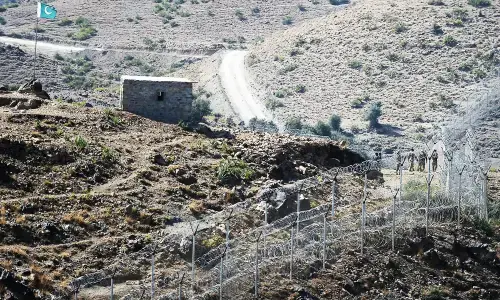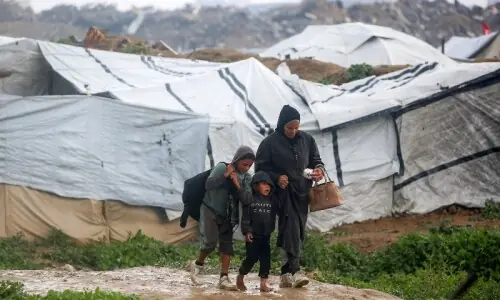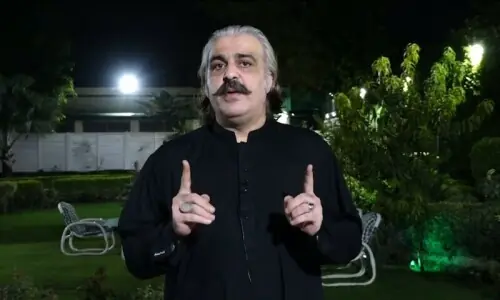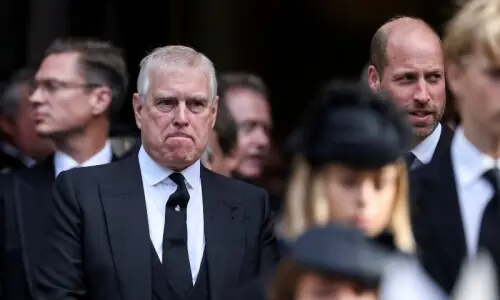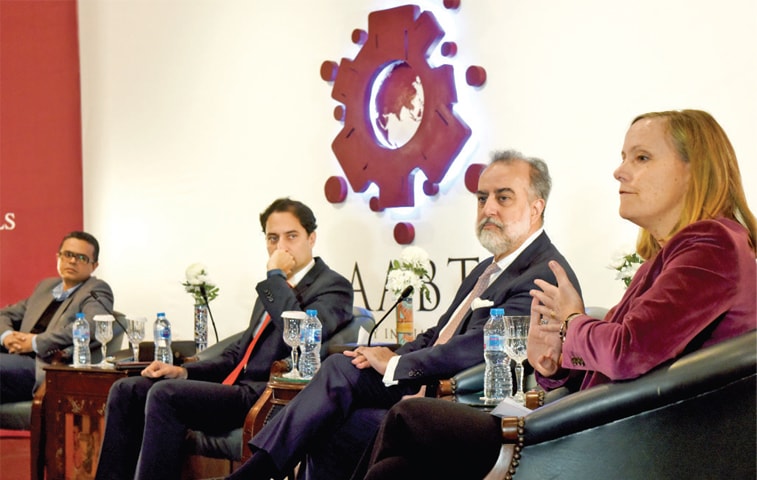
ISLAMABAD: Economists and energy experts on Friday called for structural, legal and fiscal reforms to bring the country out of crisis.
They suggested increasing the tax base, improving the capacity of state institutions, inclusiveness and creating a technology-friendly environment to create jobs and harnessing the talents and skills of the younger generation, who comprise 60pc of the population.
During a panel discussion on ‘The Dynamic Global Economy: Fostering the Pakistan Advantage’ organised by a public diplomacy initiative, Raabta, experts attempted to address some of the tricky questions such as population growth, fiscal and financial imbalances, the direction of the government for steering the country out of economic crisis, the International Monetary Fund (IMF) bailout and its impact on the citizens.The discussion was moderated by broadcast journalist Sidra Iqbal.
Zuhair Khalique, co-founder and partner at TeamUp, the service delivery partner of the National Incubation Centre, pinpointed flaws in the tax collection system, laws and population growth as major impediments to the economic development.
“Only two million people, or 1pc of the population, are tax filers and 70pc of the economy is undocumented and the population is growing at an alarming rate,” he said, and suggested expanding the tax base and other corrective measures to turn around the downward slide in the economy.
A business executive with global experience in telecom, technology and micro-finance, Mr Khalique said there were lots of opportunities for young people to address local issues.
He highlighted the importance of a knowledge economy in the global economy and cited the example of freelancers who together earn billions of dollars while working from home. He emphasised skill training and creating a value chain to tap the potential of youth.
Sarim Sheikh, president and CEO of General Electric Pakistan, Central Asia Region, expressed concern about the global economic outlook which is posing a challenge for Pakistan.
He said the short-term issue was not of the availability of energy but its affordability. He spoke about global trends in addressing energy issues and suggested more investment in digitisation and the promotion of new technologies. He said the world had invested two-thirds of its resources in alternative energy while Pakistan was investing 85pc of its resources in thermal energy generation.
About the global economic outlook, Mr Sheikh described the technology wave as a major challenge which was taking away jobs and quoted an Oxford University study which stated that 40pc of the jobs in UK would vanish by 2030. He lauded the former PML-N government for taking the country out of the energy crisis.
Mr Sheikh stressed improving the capacity of state institutions and listed three global trends that Pakistan needed to emulate, including the decentralisation of power generation and transmission, decarbonisation of energy and digitisation.
He said most subsidies were directed towards rich people rather than facilitating the poor.
Hasaan Khawar, an international development and public relations professional, said time was running out for Pakistan and that the situation would worsen if the current deficit was not curtailed.
While some of the panellists were of the opinion that the government was in a stronger position to make legislations and revamp laws making them compatible with modern needs, Mr Khawar dispelled the notion that the present government was strong. He said it was in fact fragile because of many allies and was unprepared to meet the current challenges.
“The government has no political will to deliver on major promises it had made before elections,” he said.
Responding to a question, World Bank Manager Operations Melinda Good said there was no magic wand for bringing back money laundered abroad, adding the exchange rate was a reflection of competitiveness.
She said creating jobs and building houses was not an easy job.
Noted defence expert retired Lt-Gen Talat Masood said Pakistan’s advantageous location had not been exploited to the full and stressed on the normalisation of ties with neighbouring countries.
Published in Dawn, December 8th, 2018

